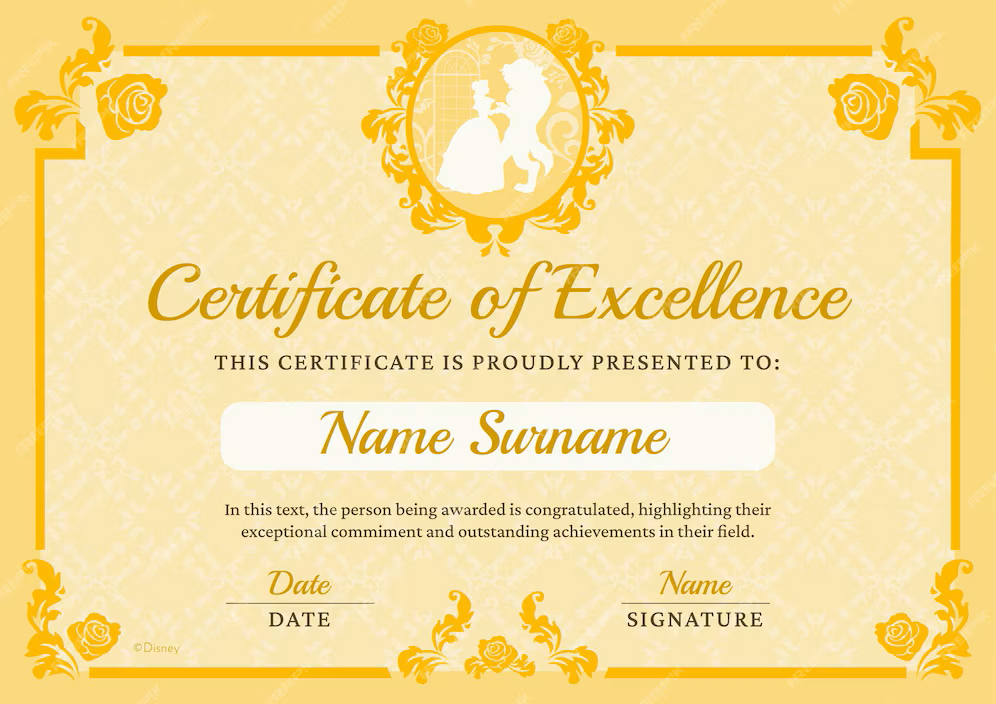The Certified Software Asset Management Professional (CSAMP) certification is a credential designed for professionals responsible for managing software assets within an organization. It focuses on the principles, best practices, and processes needed to effectively manage software throughout its lifecycle—from acquisition and deployment to maintenance, compliance, and disposal.
The CSAMP certification is crucial for IT asset managers, software license managers, procurement officers, and other professionals involved in managing software assets, ensuring that they are utilized efficiently, legally compliant, and cost-effective.
Key Components of the CSAMP Certification:
Software Asset Management (SAM):
The certification covers comprehensive knowledge of Software Asset Management (SAM), which is the practice of managing and optimizing the purchase, deployment, maintenance, and disposal of software within an organization.Licensing and Compliance:
One of the critical aspects of the CSAMP certification is ensuring that software usage adheres to licensing agreements. This involves understanding the complexities of licensing models, auditing software use, and avoiding non-compliance penalties.Optimization and Cost Control:
CSAMP professionals are trained in identifying opportunities for optimizing software usage and reducing waste. This includes managing software licenses effectively, avoiding over-licensing, and ensuring that the organization only pays for the software it needs and uses.Software Lifecycle Management:
The CSAMP certification covers the complete lifecycle of software, including acquisition, deployment, usage tracking, maintenance, and eventual retirement. This ensures software is managed throughout its entire life in a way that maximizes value and minimizes risks.Risk Management and Security:
Managing the risks associated with software—such as security vulnerabilities, unlicensed usage, or outdated versions—is another important area covered by the CSAMP certification. It also teaches professionals how to ensure compliance with industry regulations and internal policies.Automation and Tools:
CSAMP professionals are introduced to various software asset management tools and technologies, which automate many SAM processes such as tracking software inventory, license compliance audits, and usage monitoring.
Benefits of CSAMP Certification:
Career Advancement and Recognition:
- Industry recognition: CSAMP is a globally recognized certification that demonstrates expertise in software asset management. It can lead to new career opportunities and help professionals stand out in the competitive IT asset management field.
- Enhanced credibility: Organizations seeking skilled professionals in software asset management will value the CSAMP certification as it validates the individual’s knowledge and skills.
Cost Savings for Organizations:
- Efficient software usage: By ensuring that software is used efficiently, CSAMP professionals help organizations avoid over-purchasing, underutilization, or unnecessary renewals of software licenses.
- Reduced audit risk: CSAMP professionals are skilled in maintaining compliance with licensing agreements, reducing the risk of expensive penalties or fines resulting from software audits.
Improved Compliance and Risk Management:
- Licensing compliance: The certification helps organizations avoid legal risks related to non-compliance with software licensing agreements. This is particularly important for organizations operating in regulated industries.
- Security and risk mitigation: CSAMP professionals help manage software-related risks, such as security vulnerabilities and unauthorized software usage, which can lead to data breaches or other security incidents.
Optimized Software Investment:
- License optimization: CSAMP-certified professionals are equipped to optimize software purchases, ensuring that organizations only pay for what they need and are compliant with licensing terms.
- Better decision-making: The certification enables professionals to assess and recommend the right software solutions, contributing to improved decision-making regarding software investments.
Alignment with Industry Standards and Best Practices:
- Global standards: The CSAMP certification aligns with global standards for software asset management, such as ITIL (Information Technology Infrastructure Library) and ISO/IEC 19770, which are widely recognized in the industry.
- Best practices: The certification ensures that professionals understand and implement best practices in software asset management, leading to improved operational efficiency.
Support for IT Governance and Sustainability:
- Governance frameworks: CSAMP professionals contribute to effective IT governance by ensuring that software management is aligned with organizational policies and industry regulations.
- Sustainability: By optimizing software usage and reducing waste (e.g., through better license management or by retiring outdated software), organizations can support their sustainability goals.
Professional Development and Networking:
- Knowledge and skills: The CSAMP certification enhances the skills and knowledge of software asset managers, keeping them up to date with the latest trends, tools, and best practices in the industry.
- Networking opportunities: Being certified opens up opportunities for networking with other professionals in the field through industry events, online communities, and professional organizations.
Conclusion:
The CSAMP Certification is highly valuable for professionals involved in managing software assets, providing them with the skills and knowledge needed to optimize software usage, ensure compliance, mitigate risks, and achieve cost savings. The certification offers tangible benefits for both individuals and organizations, including career advancement, improved compliance, better software investment decisions, and overall operational efficiency. It also helps organizations stay aligned with industry standards and best practices, ensuring their software management processes are robust, efficient, and legally compliant.




